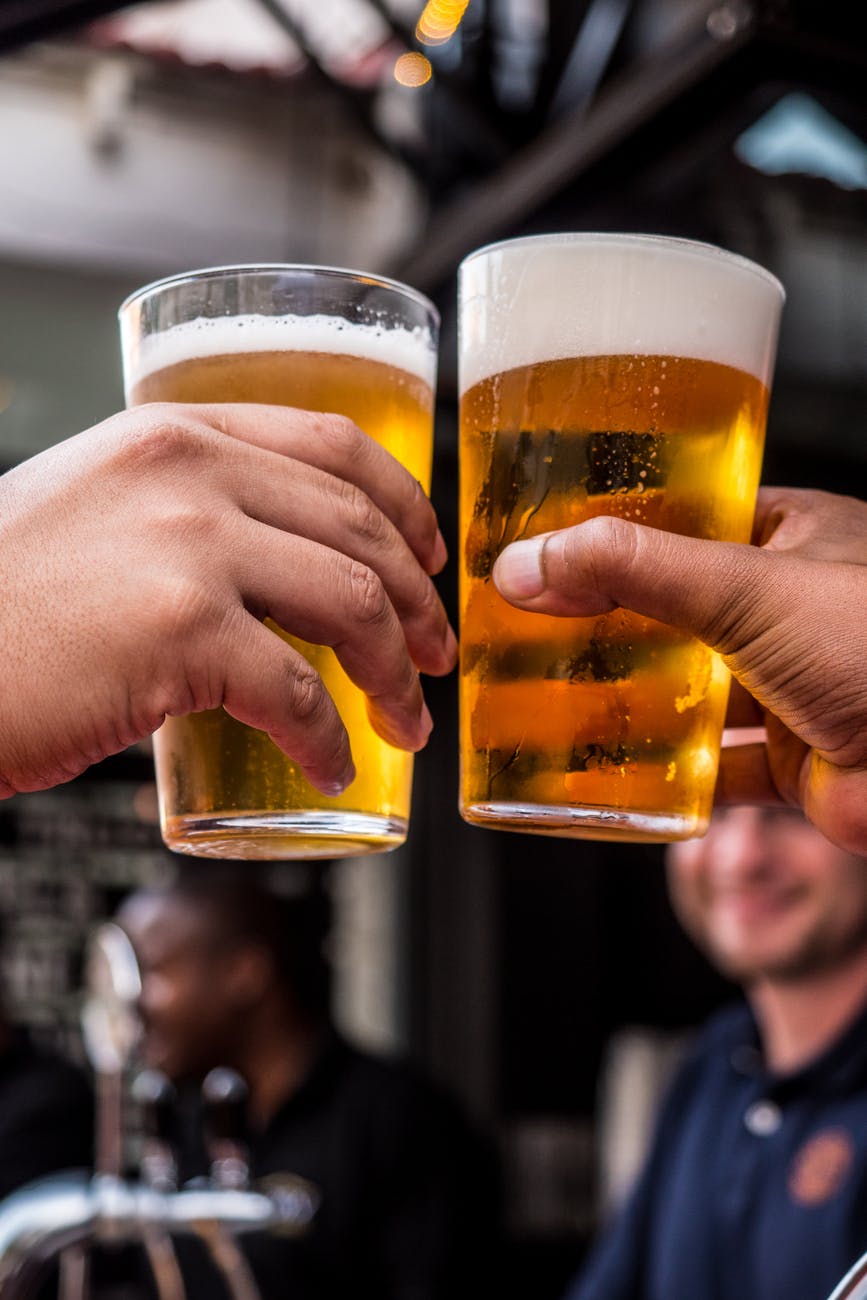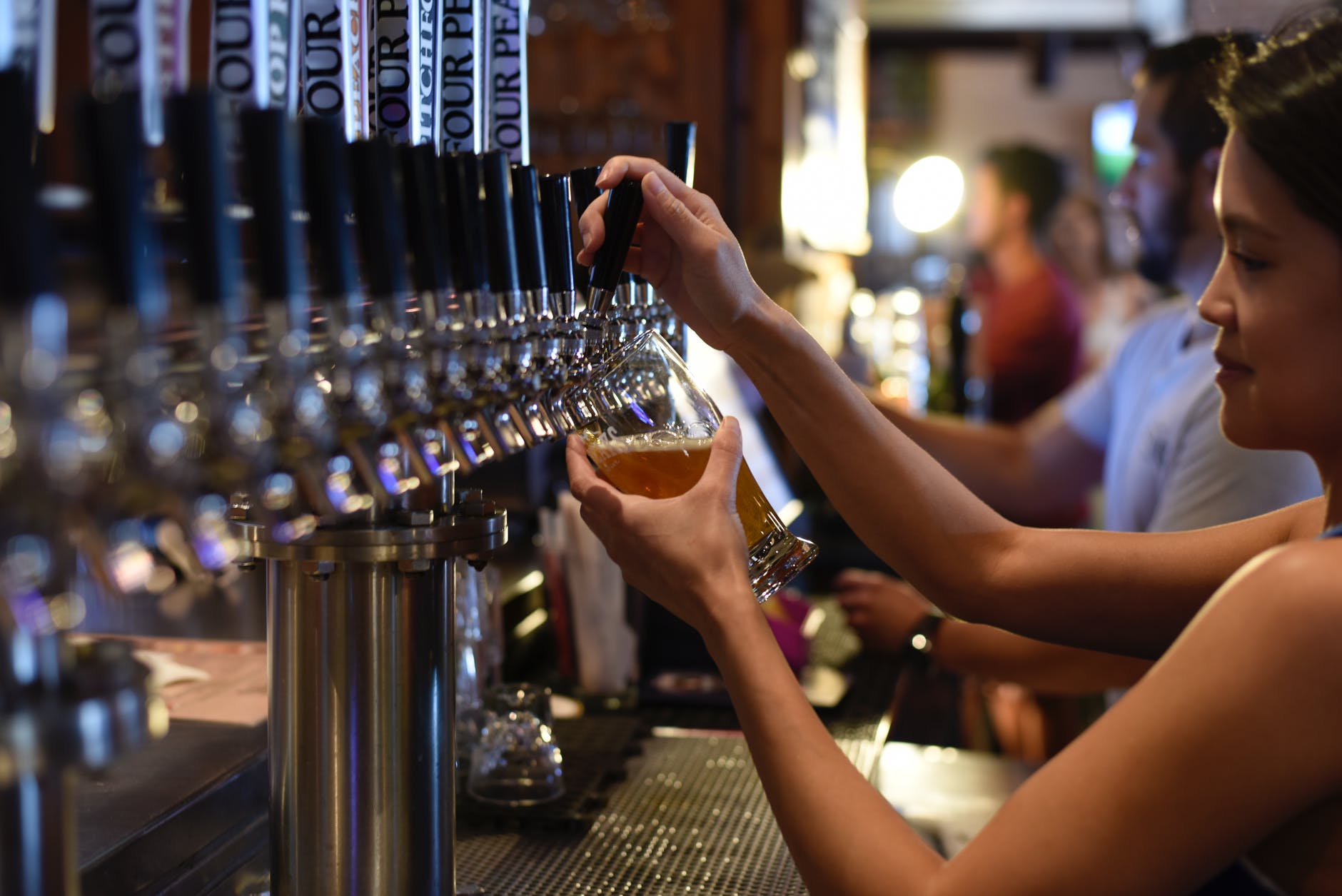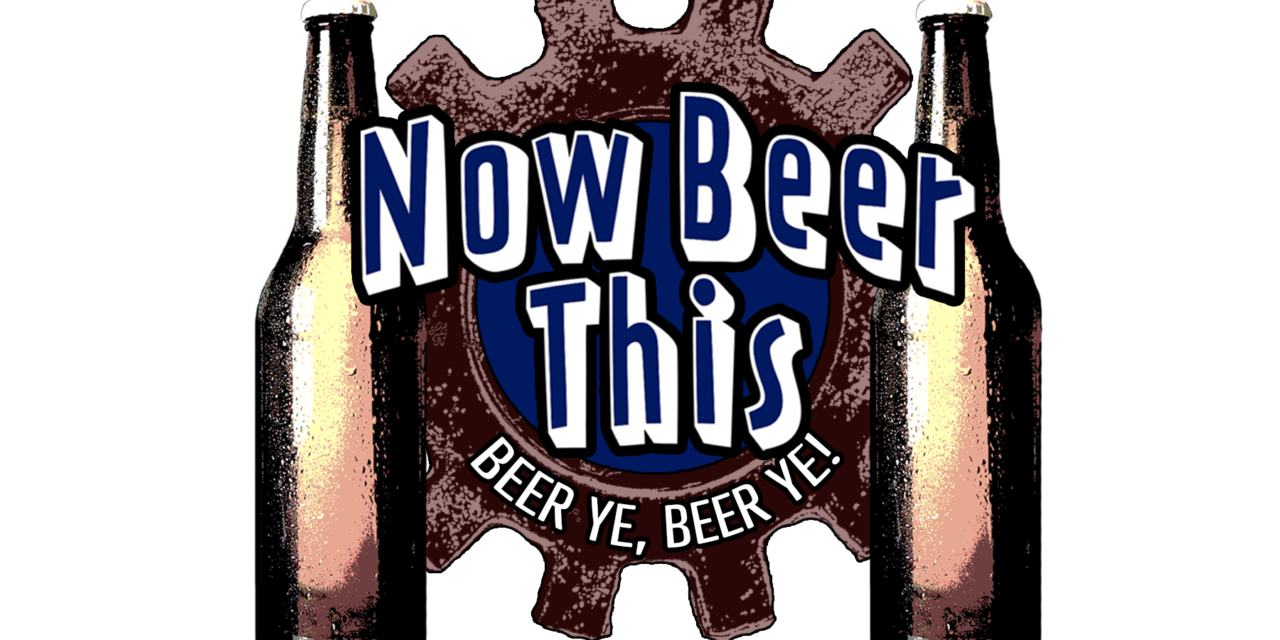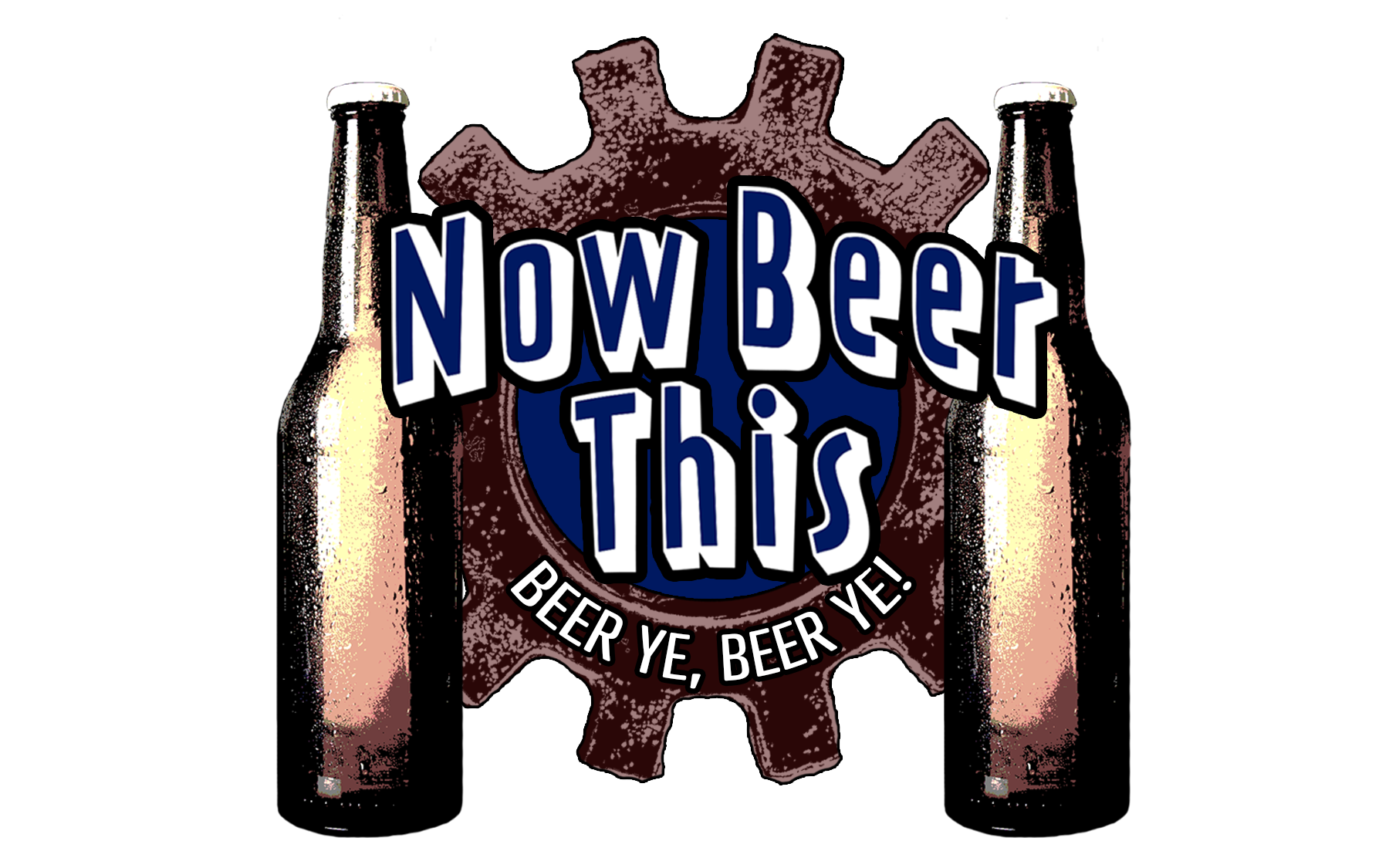What makes Ales “Ales” and Lagers “Lagers?”
When people find out I’m a Professor of Beer-ology, I almost always get this question from them. It’s a great question, and I’m happy to answer it. I can give you a short answer, but the long answer is SOOOOOO much more informative, and helps you to understand so much more about what you’re drinking. So I’ll do both!
Short Answer: Lager yeast is a slightly different type of yeast, and that makes most of the difference.
Long Answer: Lager yeast’s scientific name is Saccharomyces carlsbergensis (or pastorianus… don’t get too bogged down in the terminology, dork). Ale yeast is Saccharomyces cerevisiae. As you can see, the lab nerds see enough of a difference in these critters to give them a different species name. Of course, they do the same thing, essentially — procreate like mad while consuming sugars and pooping out alcohol and CO2 — but they do it in a slightly different way.
 Ale yeast has been selectively bred to thrive in warmer conditions. Most ale yeast are happy to be doing their thing at 60 degrees Fahrenheit or more, and there are some that still kick butt in the 90s (though most don’t!). The higher the fermentation temp, the more wacky things start to come out of the yeast. They begin to produce phenols and esters which can dramatically impact the nose and taste of a beer. Phenols tend toward spiciness, while esters tend toward fruitiness. There are TONS of sub-species of ale yeast, and each imparts its own little package of flavors to its final product. British Ale yeasts tend toward fruity notes, which you see a lot out of Bitters and IPAs, while Saison yeasts tend toward the phenolic spiciness, which is what you see in (much warmer fermented) Saisons. Sometimes people refer to this yeast as “top fermenting” because of the big, puffy head of foam that is produced at the peak of fermentation. Lager yeast are referred to as “bottom fermenting” but I’m not 100% sure that that’s the best way to differentiate these two. You still get that big foamy thing (we call it krausen) with lagers, too, so they aren’t really different in this regard, but whatever floats your boat.
Ale yeast has been selectively bred to thrive in warmer conditions. Most ale yeast are happy to be doing their thing at 60 degrees Fahrenheit or more, and there are some that still kick butt in the 90s (though most don’t!). The higher the fermentation temp, the more wacky things start to come out of the yeast. They begin to produce phenols and esters which can dramatically impact the nose and taste of a beer. Phenols tend toward spiciness, while esters tend toward fruitiness. There are TONS of sub-species of ale yeast, and each imparts its own little package of flavors to its final product. British Ale yeasts tend toward fruity notes, which you see a lot out of Bitters and IPAs, while Saison yeasts tend toward the phenolic spiciness, which is what you see in (much warmer fermented) Saisons. Sometimes people refer to this yeast as “top fermenting” because of the big, puffy head of foam that is produced at the peak of fermentation. Lager yeast are referred to as “bottom fermenting” but I’m not 100% sure that that’s the best way to differentiate these two. You still get that big foamy thing (we call it krausen) with lagers, too, so they aren’t really different in this regard, but whatever floats your boat.
Which is a great segue to Lager yeast, which thrive in cooler conditions. This yeast was (accidentally) selectively bred to perform better in cooler conditions because Central European brewers were storing and holding (Lager = to store away in Deutsch) their beers in cool, dark caves where the temps were pretty steady in the 50s F. As a result of these cooler conditions, you get far fewer phenols/esters, and therefore far less flavor impact from the yeast. In the brewing world, lagers are acknowledged as a tricky thing to get right for this reason. With ale yeasts, you can kind of hide defects behind the strong ale yeast flavors. But with lagers, if you don’t treat your grain and your hops right, you will know it instantly.
The follow up question I almost always get is about what exactly makes a Pilsner. I can geek out on that, too, but here are the main points: A Pilsner is a type of lager, so while a Pilsner is by definition a lager, a lager is not always going to be a Pilsner, so PLEASE do not confuse the two terms. Pilsners are characterized by their strict ingredient list consisting of Pils Malt and German Noble Hops (what makes them Noble is another post altogether… sorry). There are subsets of this style, but we can distill them down to Czech Pilsners (the original) which are slightly more malty compared to German Pilsners which are slightly more hoppy.
A lot of beer nerds shy away from lagers at first because of their experience with the American Industrial lager. Sadly, that was a path of lowest common denominator and led to really unpalatable beers, which resulted in lots of us shunning lagers altogether. But don’t! There are a lot of good ones out there. Read this old post about lagers for more info. Also, for my favorite lager style, check out this post from a while back… Maibocks are the heat!
Still confused? Invite me out for beers and we can get it all worked out. I promise.




